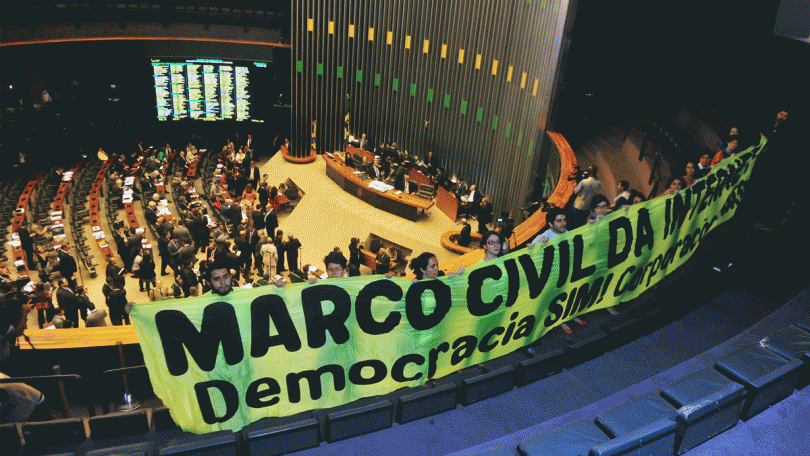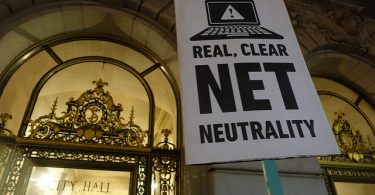Languages: Portuguese
Brazil loves the Internet. Over half of her people are online, and this number is rising fast. According to a recent report, 71% of connected Brazilians go online at least once an hour – more than any other country. Citizens from all walks of life are using the Web to build businesses and create jobs. In fact, it is estimated that the ICT sector will represent 10.7% of Brazil’s GDP by 2022 – essential in a time of strong global economic headwinds. Of course, the benefits of connectivity go far beyond the financial. 60% of Brazilian Web users access educational resources, to give just one example. Meanwhile, many citizens are using the Web to further strengthen your vibrant democracy – debating the political issues of the day online and communicating with elected officials. Brazil ranks second in Latin America on the Web Foundation’s Open Data Barometer – meaning citizens are using open data on the Web to demand transparency and accountability from public figures.
These benefits are safeguarded because in 2014 – after a long period of debate and consultation – you recognised that for the Internet to truly benefit and empower everyone, certain fundamentals must be acknowledged and protected. These include the right to affordable access for all, the right to speak freely online, the right to communicate securely and privately, and the need to ensure that all content is treated equally, with no prioritisation, blocking, or censoring. Your country became the first to take the bold step of putting in place a ‘Bill of Rights’ for the Internet – the Marco Civil da Internet. This visionary approach has already had global impacts. From Italy to Nigeria, other countries are seeking to emulate Brazil. And for this, the Internet loves Brazil.
This is why I am saddened to learn that the principles enshrined in the Marco Civil may be under threat following a new report on combatting cybercrime which you are being asked to consider. It is important to ensure the safety of all who use the Web, but this report contains many worrying aspects. Proposals that threaten net neutrality by providing new powers to block applications or throttle content are deeply worrying, as they would deal a hammer blow to freedom of speech online – at a time when freedom of speech and robust debate is needed more than ever. Suggestions that money should be diverted to police from funds earmarked for connecting more Brazilians are hard to understand when almost half of the country still cannot benefit from accessing the Internet frequently. Meanwhile, allowing law enforcement to identify people associated with IP addresses without a warrant would threaten privacy online – creating a chilling effect for freedom of speech, and with knock on effects for business and democracy. These are just some of the concerning elements in the report.
Brazil needs a free and open Internet – to reap the opportunities on the horizon and meet the challenges that lie ahead. And the free and open Internet needs Brazil to continue to act as a beacon for progress and a model for the region and the World. I urge you to reject the proposals in the report before you, consider alternative ways to combat cybercrime, and recommit to the principles of Marco Civil that protect the Internet as it should be – an open, collaborative space for all to benefit from.
Sir Tim Berners-Lee.
Inventor of the World Wide Web
Director, World Wide Web Foundation




Leave a Comment